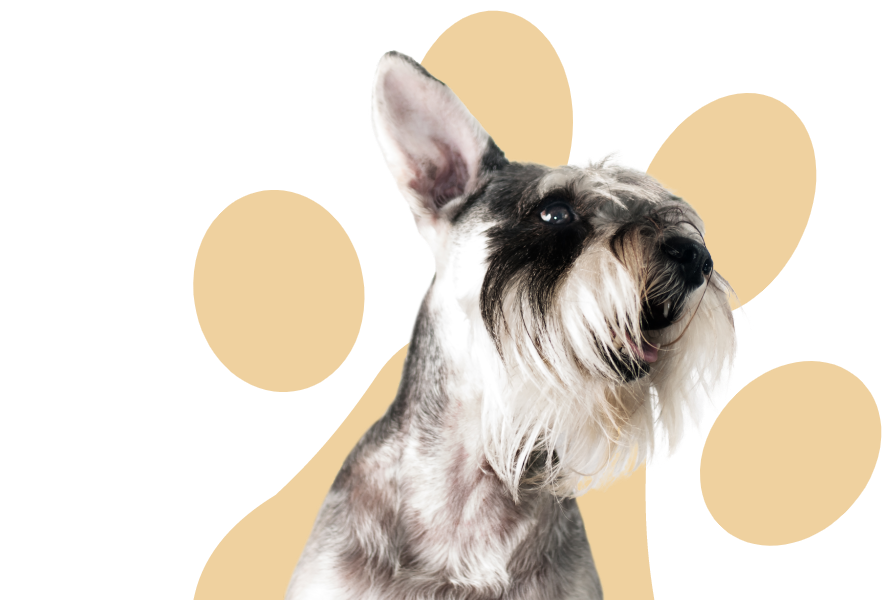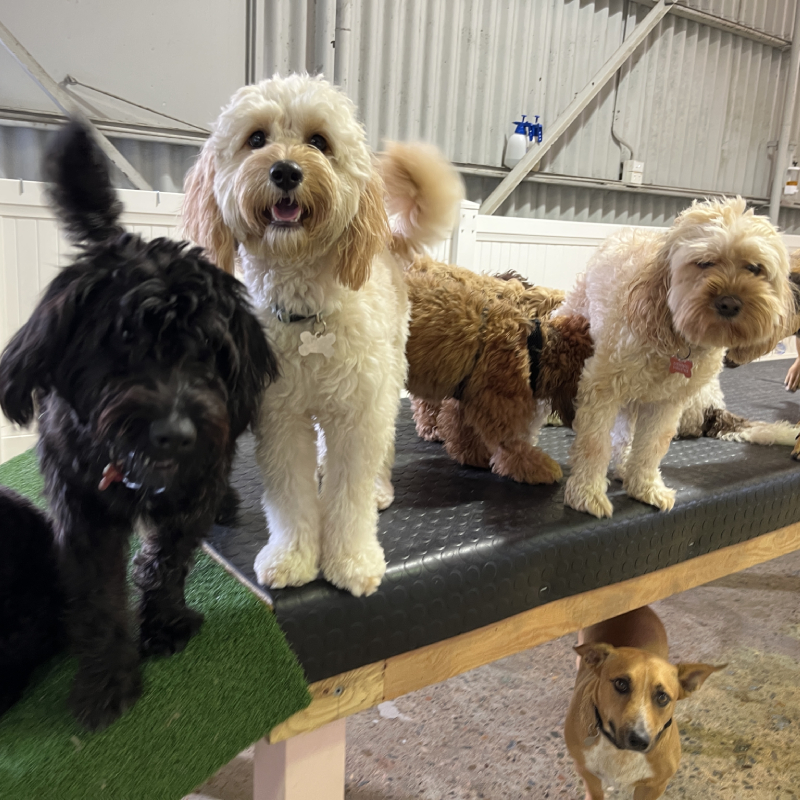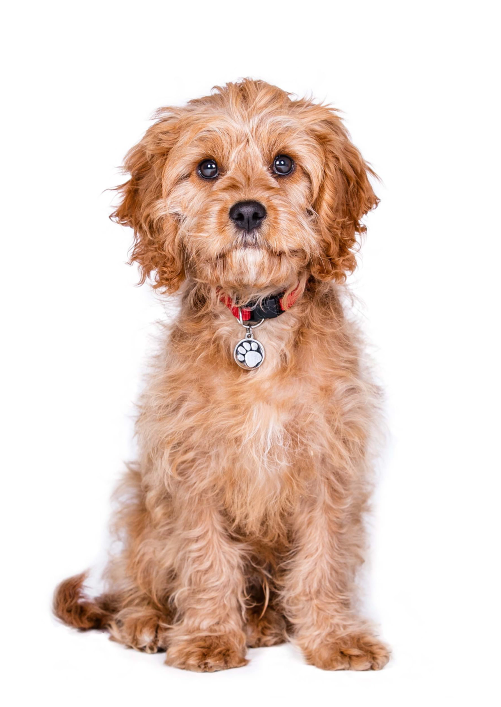If your pooch has just come back from doggy daycare and is making noises that sound like they are choking or coughing, they most likely have a case of kennel cough or canine infectious tracheobronchitis. Although the name (and the sound they make) may seem serious, most pooches will recover without treatment – just lots of TLC.
What is Kennel Cough?
Just as human colds may be caused by many different viruses, kennel cough itself can have multiple causes. One of the most common culprits is a bacterium called Bordetella bronchiseptica, which is why kennel cough is often called Bordetella. Pooches “catch” kennel cough when they inhale bacteria or virus particles into their respiratory tract.
Symptoms of Kennel Cough
The classic symptom of kennel cough is a persistent, forceful cough. It often sounds like a goose honk. This is distinct from a cough-like sound made by some dogs, especially little ones, which is called a reverse sneeze. Reverse sneezes can be normal in certain dogs and breeds, and usually only indicates the presence of post-nasal drip or a slight irritation of the throat.
Some dogs with kennel cough may show other symptoms of illness, including sneezing, a runny nose, or eye discharge.
If your pooch has kennel cough, they probably will not lose their appetite or have a decreased energy level.
Treating and Preventing Kennel Cough
Kennel cough is contagious, so if you think your pooch might have the condition it is best to keep them at home to recover rather than sending them to doggy daycare.
Although most cases of kennel cough will resolve without treatment, medications may speed recovery or minimise symptoms during the course of infection. These include antibiotics that target Bordetella bacteria and cough medicines.
Most dogs with kennel cough recover completely within three weeks, though it can take up to six weeks in older dogs or those with other medical conditions. If symptoms persist for six weeks or more, or if they experience more severe symptoms such as rapid breathing, not eating, or listlessness we do recommend taking your pooch to the vet as these could be signs of a more serious condition.
Once your pooch is back and feeling like it’s normal self then it’s time to book them back in for their next visit to Pooch & Play.







